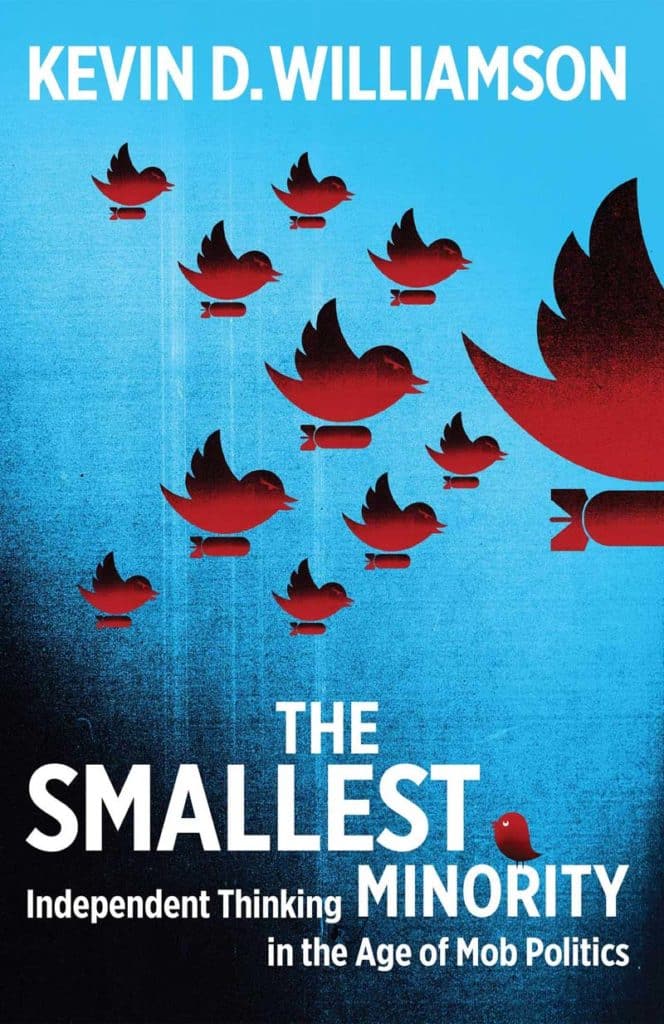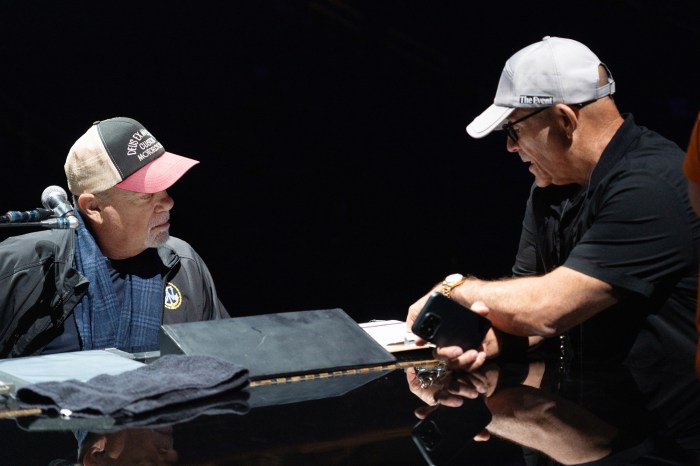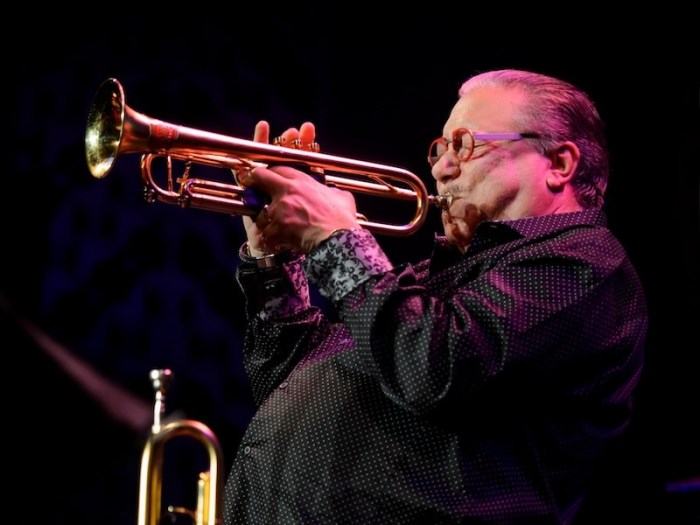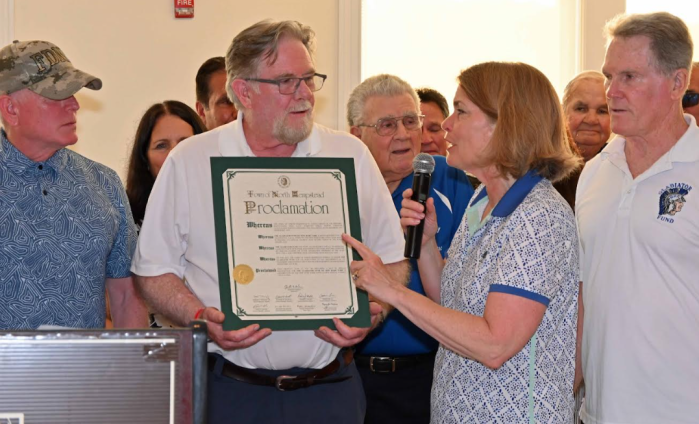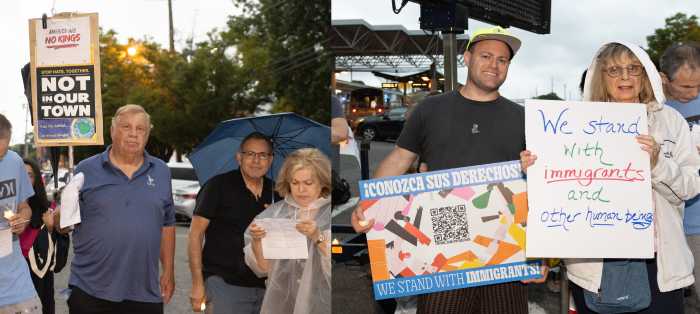 For the conservative movement, the apocalypse came in 2016. Since the 1950s, conservatives have dealt with the administrations of John F. Kennedy, Lyndon Johnson, Jimmy Carter, Bill Clinton and Barack Obama. But nothing was as catastrophic as Donald Trump’s election in 2016. Liberals remain enraged, but for conservatives, their entire 70-year old project was unraveling in front of them.
For the conservative movement, the apocalypse came in 2016. Since the 1950s, conservatives have dealt with the administrations of John F. Kennedy, Lyndon Johnson, Jimmy Carter, Bill Clinton and Barack Obama. But nothing was as catastrophic as Donald Trump’s election in 2016. Liberals remain enraged, but for conservatives, their entire 70-year old project was unraveling in front of them.
As Trump’s trajectory rose that year, Kevin Williamson, a senior editor at National Review, cut loose in one of the most hate-filled articles to ever appear in an American publication. “The Father-Führer” trashed Trump’s white working-class voters for both their support of the man and their lifestyle in general. (That includes our cousins in upstate New York.) The article was accompanied by an equally-bile cartoon, portraying two Trump supporters at the knee of the master.
In The Smallest Minority: Independent Thinking Minority in the Age of Mob Politics, Kevin Williamson sets himself apart from the crowd. Or so he believes. After 230 pages of angry and obscenity-laden lacerations, he comes to the logical conclusion: Democracy is the problem. But of course it is. Democracy and mob rule go hand-in-hand. The Founders did not believe in mass democracy at all. Only certain landowners should have the franchise. Williamson is hardly the first to lament the rise of identity politics. Individualism is his calling card. National Review founder William F. Buckley, Jr. is the model. Individualism is fine when you’re say, 19 or 20 years old. In time, a man needs to get on with the business of life: Courtship, marriage, children. When that happens, a man becomes intensely aware of the neighborhood he lives in, the streets his children walk, the schools they attend and the organizations they belong to. A man becomes tribal, not for self-protection, but for his children and their daily lives. He finds security in the tribe, including its voting habits. Tribalism is more than feral youths running wild in the streets.
For individualists, the world of family, community and faith is alien. It’s all about “me” and “my sacrosanct opinions.” This book is about the author’s brave stand against the crowd. Does Williamson stand apart? He despises both the president and the First Lady. How original is that? His views on identity politics, corporate life and social media are entirely conventional. Liberalism as opposed to illiberalism is where Williamson stands. He borrows from the historian John Lukacs with little of the latter’s erudition.
Is Williamson a libertarian? Only one paragraph is devoted to America’s Forever Wars. The conservatism he belongs to encouraged and supported the Iraq War, with its price tag of $1.1 trillion to the taxpayer. Is that small government? I don’t know Williamson’s own position, but if he was vocally against the war, then so-called “Right world” (National Review, Commentary, The New York Post and The Wall Street Journal op-ed pages), would want nothing to do with him.
Williamson lumps Antifa leftists in the same boat as the Unite the Right demonstrators. Again, the author shines the blue light on himself: I’m against extremists on both sides! That said, Williamson, I believe, will never forgive fly-over country for voting for Trump. If Hillary Clinton had won the presidency, I don’t think this book would have been written. It is not the triumph of liberalism but instead a resurgence of white nationalism that represents conservatism’s deepest fear.
 American Carnage
American Carnage
Tim Alberta, author of American Carnage: On the Front Lines of the Republican Civil War and the Rise of President Trump, is a National Review veteran who now writes for Politico. There is little “conservative” about this 688-page chronicle, save for good words about certain policy prescriptions from Yuval Levin.
American Carnage is part recent history, and fully anti-Trump. As with Williamson, Alberta displays little interest in what drives Trump voters. He does admit the man has made good moves, especially in his dealings with the religious right. For its bulk, American Carnage is shallow. Alberta believes that Sarah Palin’s choice as John McCain’s running mate kicked off the populist surge. There is only one—one!—mention of H. Ross Perot and just a handful of Pat Buchanan. In fact, the populist revolt took off in 1992 with the candidacies of both men, which came on the heels of George H.W. Bush’s signing of a civil rights bill that conservatives denounced as quota legislation, plus concern over a sluggish economy and unhappiness with the aftermath of the first Iraq War. After Perot and Buchanan fell short, the succeeding years would see the maverick candidacies of Ron Paul, Mike Huckabee and Rick Santorum. None of these gentleman won the GOP presidential nomination and when Trump began his rise, conservatives lazily believed his bid would meet the same fate. A populism that is inward-looking: Resistance to wars for democracy, free trade and mass immigration, rather than the Tea Party and opposition to Obamacare, is driving the wheel.




